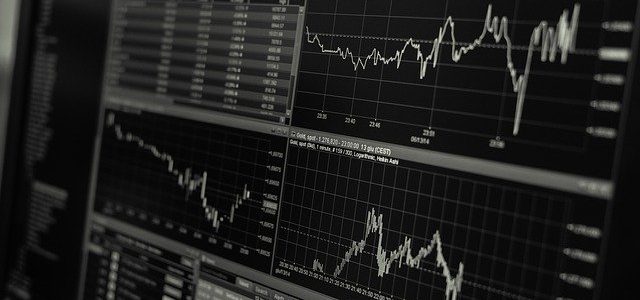Massive amount of data are collected, given away, and are studied right at this very second. Companies, businesses, and anything that has an online presence are bound to have extensive access to client data. And while it happens to be, that we, as consumers, are collections of data, what is it actually for and why is data monitoring important?
What is data, and what is the purpose behind its collection?
Data is any information collected. Companies and businesses capture data from numerous resources, and their collection is usually for research, hypotheses testing, and outcome evaluation. While the idea around it is quite vague as different ways of collecting it may serve a varied purpose, in general, gathering data is imperative to any business, creation, or supplementation.
The process of collecting, measuring and interpreting data according to different variables using an established systematic way is the very backbone of data collection. Depending on what purpose it will serve, it is very helpful in improving a business because it helps in understanding the movement of many variables.
Accurate data collection can be critical to most businesses, specifically, if it will help them find out how to make a sale. Hence, the need for data monitoring.
How extensive should data monitoring be?
While it promotes diligent data collection, it saves an organization of significant resources such as money and time when it comes to checking and transforming these collected data before getting moved. If data monitored flawlessly, it would not only reflect a business’ agility but, also its serious stake on being meticulous and objective. If it’s done right, no double-checking should take too much time.
How important is data monitoring to businesses?

Since data monitoring is a strategy that shares the same aim with data collection, it prevents resources from getting wasted in so many ways. It’s a punch in the gut for companies when asked of how much waste comes about when collecting data? We are not just talking about actual rubbish, but how resources get used up, such as time, and money. Data monitoring is also important in the product development process when creating a platform for data streaming or processing. For example, creating an apache kafka based application using performance monitoring tools to assist in catching bugs is vital for saving costs in catching bugs early to prevent them from causing huge problems down the deployment chain. Let’s take a real-time advertisement for a product as an example.
A business sells laundry soap. Collected data reflected a significant increase in the usage of the product amongst single people compared to married ones. So, it might be a waste of resources if you would shoot only a mom using the product, totally neglecting the chance to showcase a single, unmarried person. Demographics, age groups, marriage status, and many more are data. All of these could help out a business that sells laundry soap to put together the best advertisement that doesn’t neglect the independent single people, taking responsibility in doing their laundry. You may kiss your profit goodbye if you don’t want to get into the habit of paying attention to a buying demographic.
Why understanding different ways of data collection for monitoring is important
Here are common ways of collecting data:
- Direct – This is extracted from actual inquiring from customers
- Indirect – is tracking such as through observation. An example is when a bus driver or a bus conductor pushes the counter each time a passenger gets on the bus. Or, when information is extracted from another source to add up to your own. These are behind the scenes data collection, extracted from within the system, to be put on data monitoring UIs for engineering professionals to debug.
Now that you have an idea of how data collection happens, you would agree that data monitoring is beneficial in so many ways. There is a tendency for little mishaps to happen. There’s also a human error which may be accountable as a form of unavoidable discrepancies. A good researcher should always anticipate this. Data monitoring is a way to prevent this since wrongful data could lead to a lot of things. You’re lucky if you encounter a forgiving heart (that should be your lucky day!) but an unrealistic hypothesis, or worst, a tragedy may also happen. That’s how data monitoring justifies the very process. As data backs up any form of information, data monitoring backs up its collection.




